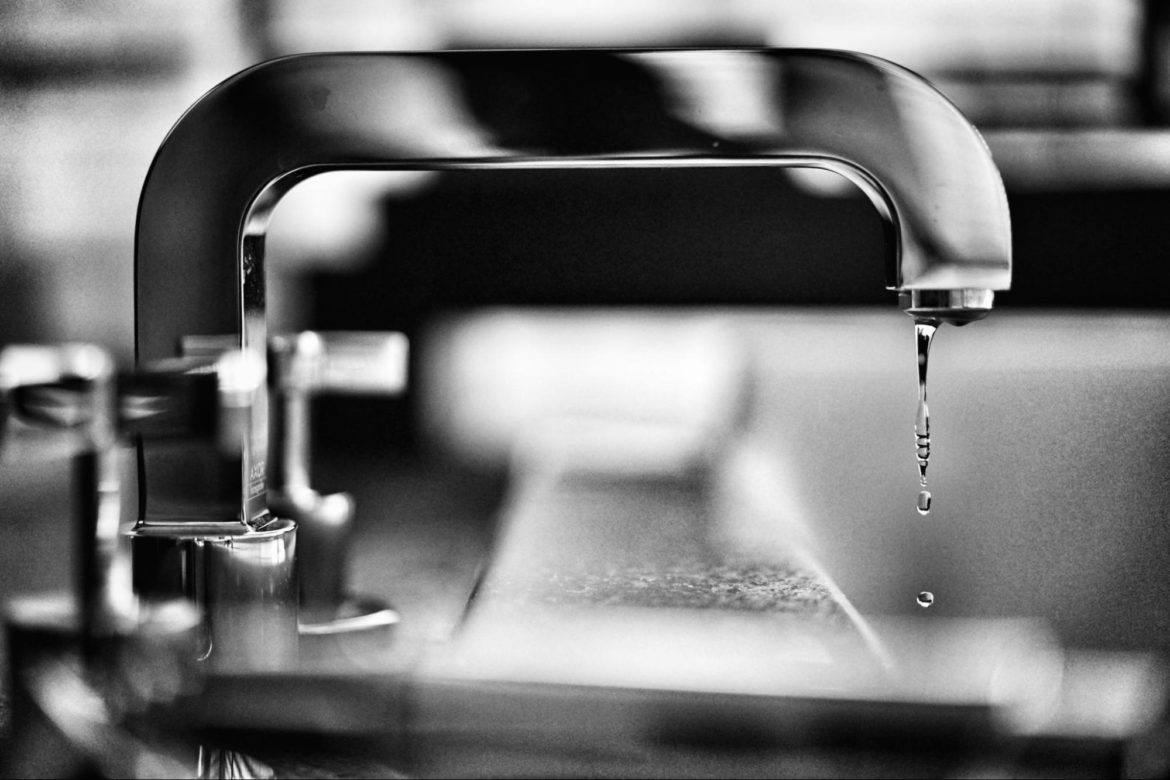While burst pipes, clogged toilets, and emergency callouts are the bread and butter of an in-demand plumber, they still get frustrated when they encounter the same avoidable problems every day. If you want to save money, avoid nasty plumbing emergencies, protect your property, and stay on good terms with your local plumber, we have the information you need.
We gathered advice from a number of experts to bring you the seven most important things your plumber wishes you knew.
1. You have some responsibility for their safety
While most reputable plumbing businesses have all the requisite insurance policies, including workers’ comp insurance for plumbers, that doesn’t mean they’re happy to operate in an unsafe environment. Plumbing is tough enough as it is, exposing workers to the ghastly things we flush down our drains. So, be thoughtful and respectful, and ensure the area the plumber will be working in is clean and clear of hazards.
2. Stop over-tightening your taps and plumbing fixtures
When you see a leak or drip, your first instinct may be to tighten it. While it should be finger-tight, plumbers warn against being too aggressive. Over-tightening taps and fixtures can ruin rubber seals and, in some cases, crack threaded nuts. So be gentle, and if you have a persistent leak, call in an expert.
3. Never pour grease down the sink
After cooking bacon or another greasy treat, the easiest thing to do is pour the leftover oil down the drain. However, this will eventually result in clogged pipes as the fat hardens in the curves of the drain. Instead of tipping it down the drain, you can save grease and reuse it or absorb it with a paper towel and dispose of it.
4. Know where your shutoff valve is
If you have a burst pipe and you need to shut off the water, the last thing you want to be doing is trying to figure out where the shutoff valve even is. So, save yourself the drama (and flooding) and figure out this piece of information now. Every property is different, but it could be in your basement, garage, near your water heater, under your kitchen sink, or possibly even outside.
5. Check before you drill
If you want to hang a new piece of art, you need to consider more than just the spot you think it suits. Your walls contain plumbing and electrical wires, so you can’t just drill a hole anywhere. Check your house plans, and aim to drill into studs.
6. Be gentle with old pipes
The older the pipes are in your home, the more cautious you have to be with them. Try to ensure only water is flowing down them, and avoid using caustic drain cleaner if possible, as it can corrode old pipes. Use drain guards, and avoid high water pressure, as the sudden load can lead to cracks and leaks.
7. Plumbing is about more than sewers and toilets
Whether you’re considering a career in plumbing or simply talking to a plumber at a party, please don’t assume that all they do is deal with nasty things. Like all trades, plumbing offers a wide variety of career paths and working conditions. Many plumbers enjoy the strategic process of fitting out new homes and high-rise buildings. There are many fascinating aspects to the trade, so ask questions instead of assuming you know what it entails.
Keep these tips in mind, and you can look forward to fewer expensive plumber callouts and more money in your bank account.

